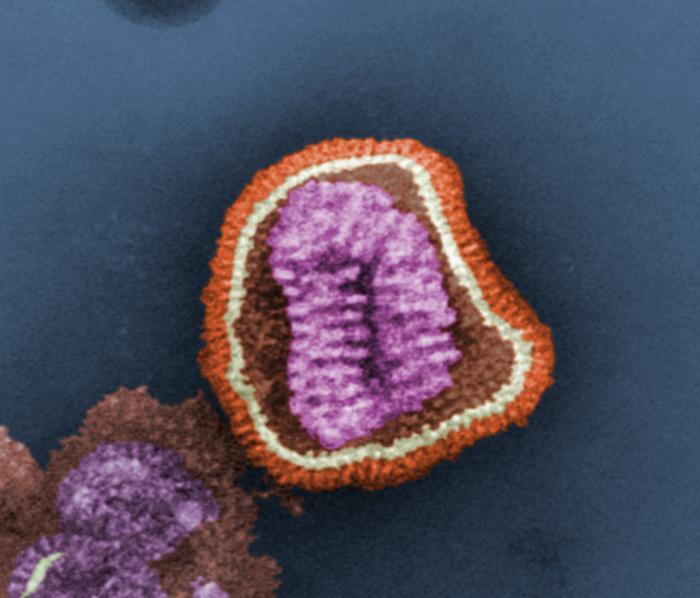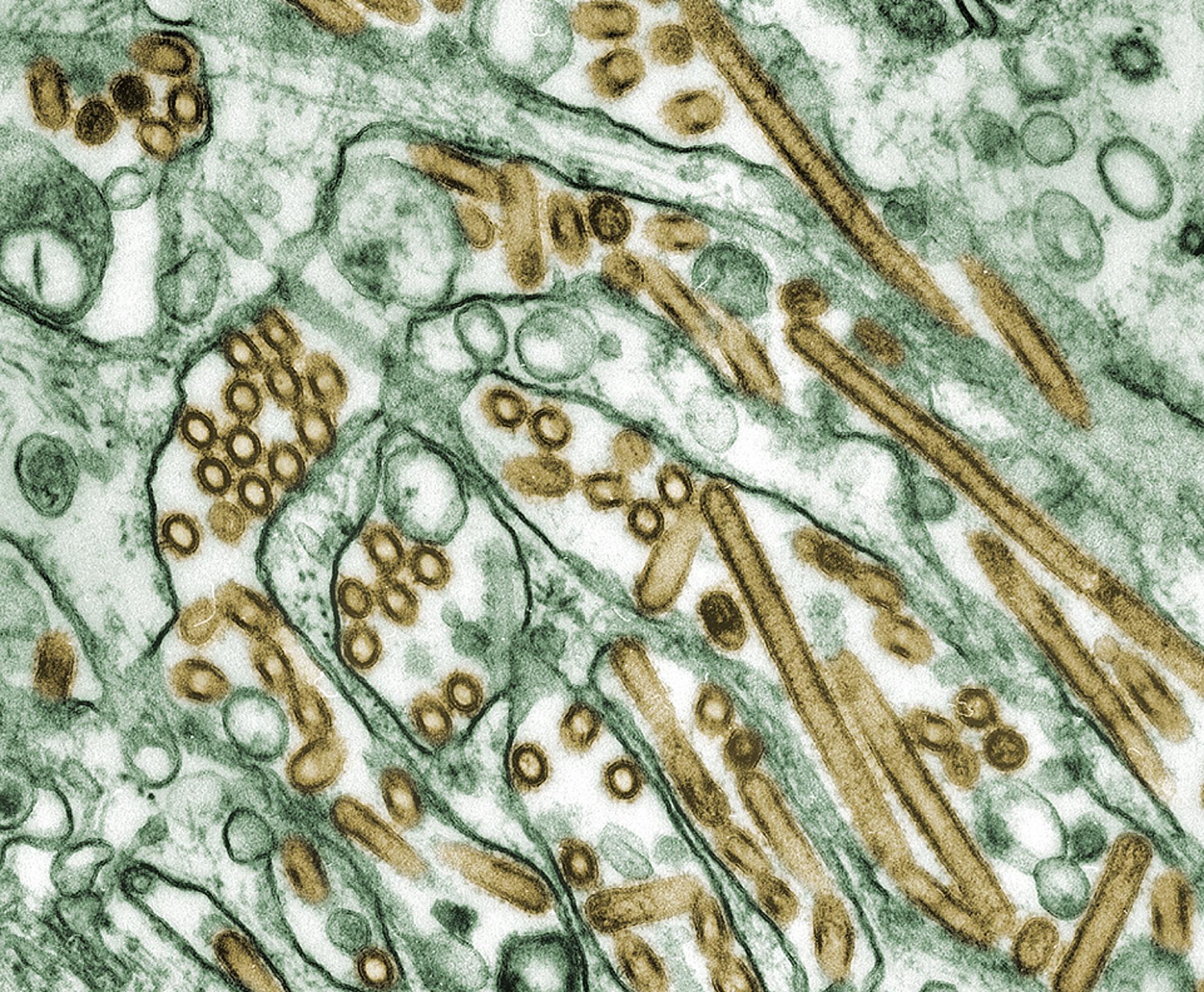Recombinant herpesvirus of turkeys as a vector-based vaccine against highly pathogenic H7N1 avian influenza and Mareks disease
A major challenge for poultry vaccination is the design of vaccines that protect against multiple pathogens via a single protective dose delivered through mass vaccination methods. In this investigation, we examined herpesvirus of turkeys (HVT) as a vaccine vector for delivery of haemagglutinin (HA) antigen of highly pathogenic H7N1 avian influenza virus that can act as a dual vaccine against avian influenza and Marek's disease. The HVT vector was developed using reverse genetics based on an infectious bacterial artificial chromosome (BAC) clone of HVT. The BAC carrying the HVT genome was genetically modified to express the HA gene of a highly pathogenic H7N1 virus. The resultant recombinant BAC construct containing the modified HVT sequence was transfected into chicken embryo fibroblast (CEF) cells, and HVT recombinants (rHVT-H7HA) harbouring the H7N1 HA were recovered. Analysis of cultured CEF cells infected with the rHVT-H7HA showed that HA was expressed and that the rescued rHVT-H7HA stocks were stable during several in vitro passages with no difference in growth kinetics compared with the parent HVT. Immunisation of one-day-old chicks with rHVT-H7HA induced H7-specific antibodies and protected chickens challenged with homologous H7N1 virus against virus shedding, clinical disease and death. This vaccine supports differentiation between infected and vaccinated animals (DIVA) vaccination strategies because no nucleoprotein-(NP) specific antibodies were detected in the rHVT-H7HA vaccinated birds. The rHVT-H7HA not only provided protection against a lethal challenge with highly pathogenic H7N1 virus but also against highly virulent Marek's disease virus and can be used as a DIVA vaccine.
Back to publications

